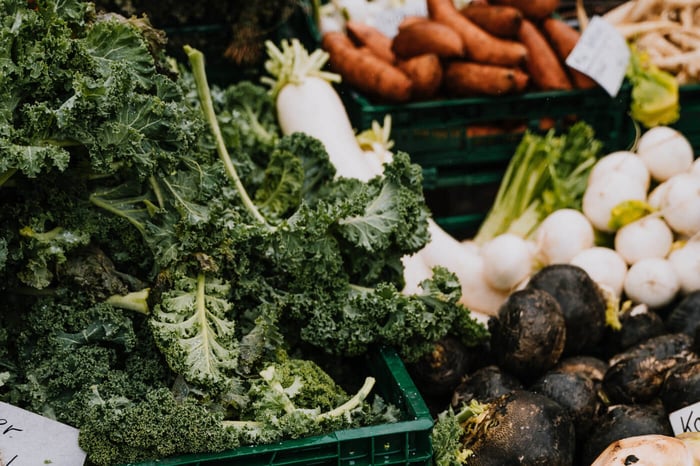The New Year is a perfect time to declutter your life and make moves to set yourself up for a sustainable 2023.
Research has found that clutter can harm overall well-being, increase stress, decrease productivity, and lead to unhealthy habits. Clutter has environmental impacts as well; more stuff takes more materials, water, and carbon emissions to produce and involves potential environmental and human health impacts in production and disposal. There is definitely something to the saying “Less is more.”
Check out these 5 sustainability tips to help declutter your New Year and set yourself up for sustainability in 2023:
1. Clean out your closet and close the loop
In the words of Marie Kondo, the Japanese organizing consultant, “Does it spark joy?” Heading to your closet, weed out the items that you don’t use or that are tattered and ready to be retired. All Recover gear is built to last and to be the most environmentally friendly and socially responsible products possible; even Recover products, after much use, do not last forever, which is why we developed our Close Loop program for all of your Recover gear to have endless life. Check out our Full Circularity... The Recover Closed Loop Program Is Here Reader to learn more about how to recycle your Recover tees. How To Recycle Your Old Shoes (and why it's a no-brainer) and What to Do with Your Old Clothes offer more sustainability tips for your closet cleanse to start out 2023 with less stuff and less stress.
2. Shop with intention
Do I need that? Will it last? What went into making it? Where will it go at the end of its life? It doesn’t matter what you’re shopping for, considering these questions is huge for short-term and long-term sustainability in 2023 and beyond. For food, consider buying local crops, especially those that do not use harmful pesticides and herbicides, and, if you live in a dry region, those that are drought-resistant and do not require a lot of water to grow. If you are buying clothes or household items, consider researching and purchasing those items that are meant to last and will give you better payback on your investment. Shop with intention and end up with more quality and less clutter.
3. Eat less meat
In the US, we account for only 5% of the world’s population but over 21% of its beef consumption. Approximately 40 percent of greenhouse gas emissions come from agriculture, deforestation, and other land-use changes. Eating and producing meat fuels climate change in two primary ways: first, through cows’ emissions of methane gas (farting and burping) and second, through the conversion of forests to grazing land. Ninety percent of the Amazon Rainforest that has been cleared is not grazing lands for beef production. Simply put, eating less meat is an easy action that any individual can take to contribute to climate change mitigation action and a sustainable 2023 immediately. Producing meat, particularly beef, also uses a large amount of water. It takes the same amount of water to produce one steak as one average American’s showers for 2 months. As many communities and environments experience increased water stress, eating less meat also helps to reduce demand for this water-intensive industry.
4. Seek out human-powered adventure close to home
Declutter your travel by simplifying your packing list, avoiding jet lag, and exploring close to home. Commercial air travel accounts for approximately 3 to 4 percent of total U.S. greenhouse gas emissions. The airline industry is working to advance reduced emissions through technology development such as hydrogen fuel cells, and planes are also becoming more efficient with each new model; however, hydrogen fuel cell development for planes is still well in the works and growing demand for flights is significantly outpacing any efficiency gains. At current rates and trends of growth, the United Nations expects annual airplane emissions of carbon dioxide to triple by 2050. In 2023, take the opportunity to plan adventures out your own back door. Check out the Local Supply Cycle for inspiration.
5. Use less
Using less single-use plastics, energy, and water are just a couple of ways to use less and make an impact on sustainability in 2023. Small amounts add up. Bring your reusable bag to the grocery store, say no to plastic straws, and bring your own reusable water bottle and mug. Consider looking into ways to get energy-saving tax rebates, turn off the lights and electronics, and turn your thermostat down a couple of degrees this winter and up a couple of degrees this summer. Look for products and food that have no packaging or compostable or recyclable packaging, and that consider water savings in their processes. Since 2010, Recover has diverted 16.6 million plastic bottles from landfills, saved 61.9 million KWH of energy, saved 25.2 million lbs of CO2 emissions, and saved 4.3 billion gallons of water- small amounts add up. This year, let’s all do a little more to use a little less, and Happy 2023 from Recover!






